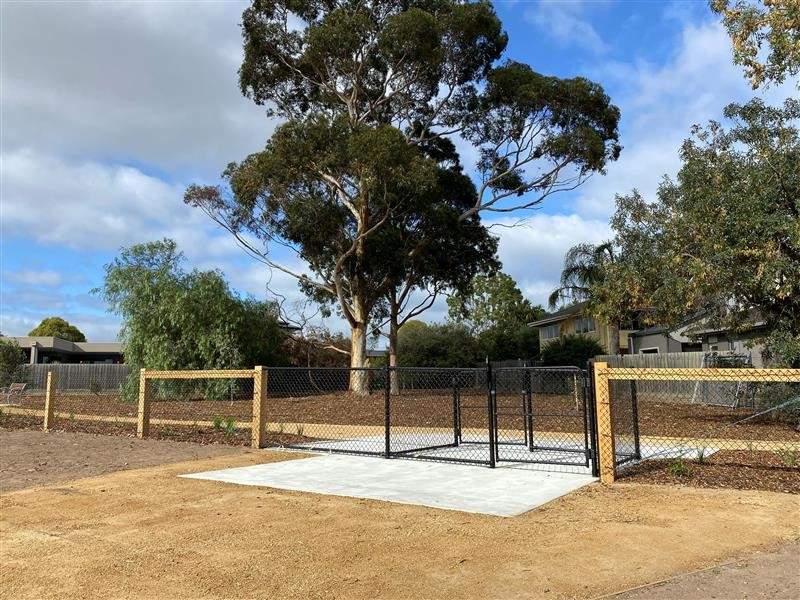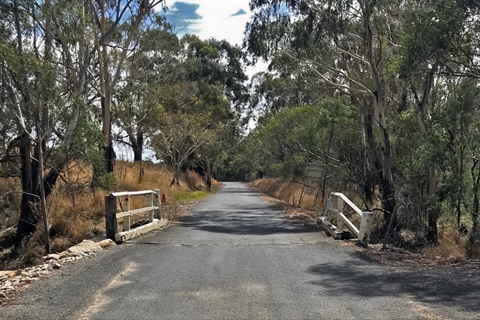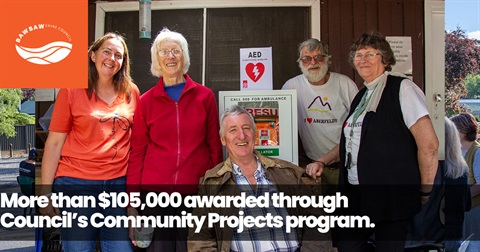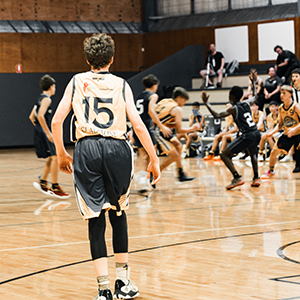Australian Small Business and Family Enterprise Ombudsman Bruce Billson interview with David Dowsett.
ABC Radio Wide Bay
Subject: Small business disaster preparedness
24 January 2024
David Dowsett
If you think of small businesses in your community, I guess a bunch would come to mind. Small businesses all over the place. As the weather unfolds up north, there’s likely no business, small or large, that will not be impacted. So, what can a small business do now to ensure that they survive once the cleanup is over?
Australian Small Business and Family Enterprise Ombudsman, Bruce Billson, good morning.
Bruce Billson
David, fab to be with you and your listeners.
David Dowsett
Bruce, all eyes, of course, are on the tropical low right now. But should small business owners be looking closer at themselves right now?
Bruce Billson
Well, two things, I guess, David. One is you always got to admire and celebrate the entrepreneurship and what I feel is perpetual positivity of Wide Bay small businesses that can often though see people not contemplating what might happen if things don’t go to plan.
Now, that could be a natural disaster, a change in economic circumstances or something happening to themselves. You know, if you’re the primary breadwinner of your business and you have a health episode or an accident, what’s the plan look like to navigate through that? So that’s what we did some work on. It was in the context of natural disasters. And I want to thank so many people in your listening audience who contributed to that work.
But we found that only one in four small businesses had a current, up-to-date business continuity plan contemplating those things that might knock them off course, including something that might happen to them, that might reduce their capacity to contribute to their business and enable the livelihood that they and their team rely upon.
David Dowsett
Only one in four. That’s not a lot at all. So, we hear a lot about risk mitigation. What does risk mitigation actually look like?
Bruce Billson
Well, it means taking the time to think about what are those risks, what are those adverse impacts that might inflict themselves on the business? What can we do to reduce those possibilities? And then what can we do to recover from them in the event that that happens?
So, risk mitigation might be steps about your physical accommodation, it might be the way you store data and customer information and maybe the way you set up your business systems. And that if something goes out, whether it’s the power, the communications network, it might be a storm event like we were just talking about, or some other thing that represents a vulnerability to the business and it can continue in the way you’d want it to be.
You think about those things David, you take a few minutes to imagine what steps you could take to reduce those risks and mitigate them and then know you’re in a more robust position with things that that might go wrong.
David Dowsett
What about community members? How can community members assist after the weather event has passed?
Bruce Billson
Well, this is a big one because what we found in our research when we did this work for the Australian Government was that a significant proportion, a disproportionate number, of small and family business owners were also up to their armpits in community organisations.
So not only were they really important economic contributors and doing so much for the community, they were volunteering and in many cases leading or part of some of the emergency response networks and the community organisations that that do so much. So, what we’ve been saying to people is, well, let’s acknowledge that there’ll be personal and business pressures on those people, but they’re also doing so much in the broader community context.
Encouraging the network of support, understanding what help is available, having ready contact phone numbers for who you want to ring and who you should ring in the event of things not going the way you’d hoped. So that’s where that connection with the community is so important and small and family business owners doing more than their fair share of that voluntary work.
David Dowsett
Makes sense. Bruce, your office has a checklist to help prepare for a disaster. Where can we find those?
Bruce Billson
Jump on our website. It’s all the w’s. It’s A S B F E O. That’s probably a pretty ugly acronym for Australian Small Business and Family Enterprise Ombudsman. It’s not a subtropical foot disease or anything. It’s www.asbfeo.gov.au
Those checklists are there along with a number of other resources that are really helpful for small and family businesses.
David Dowsett
Some top tips indeed. Bruce, appreciate your time this morning, thanks a lot.








